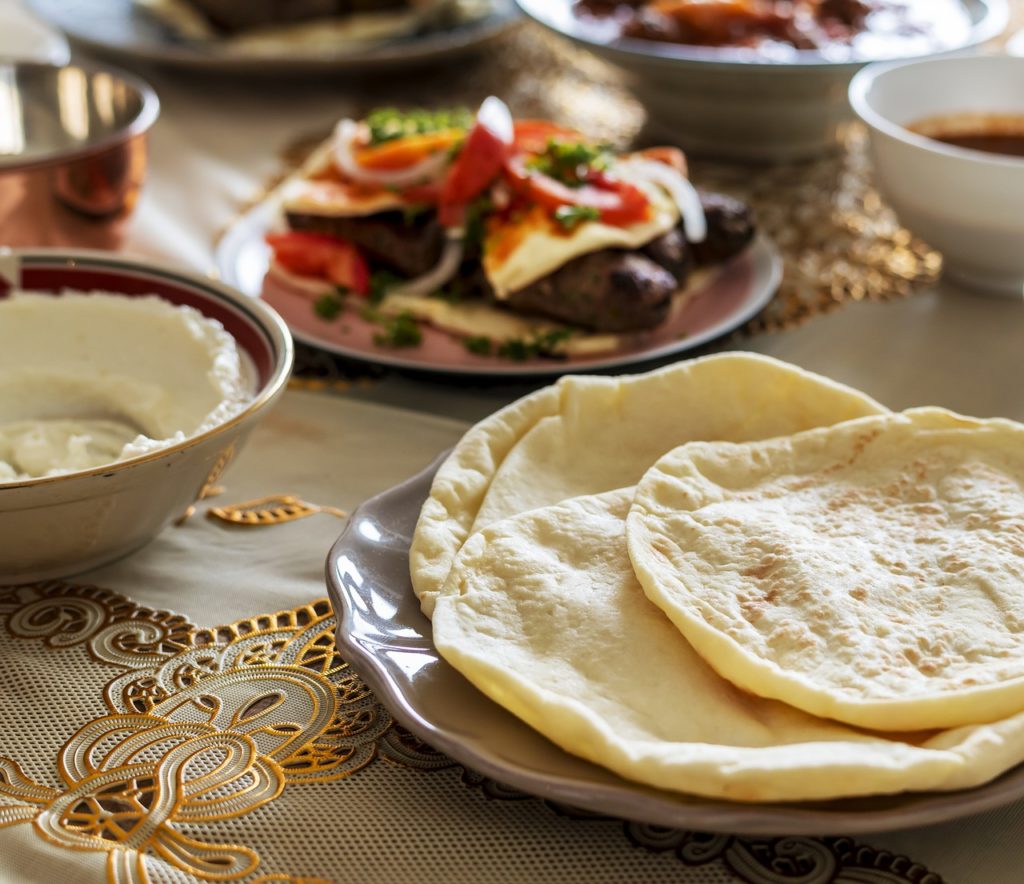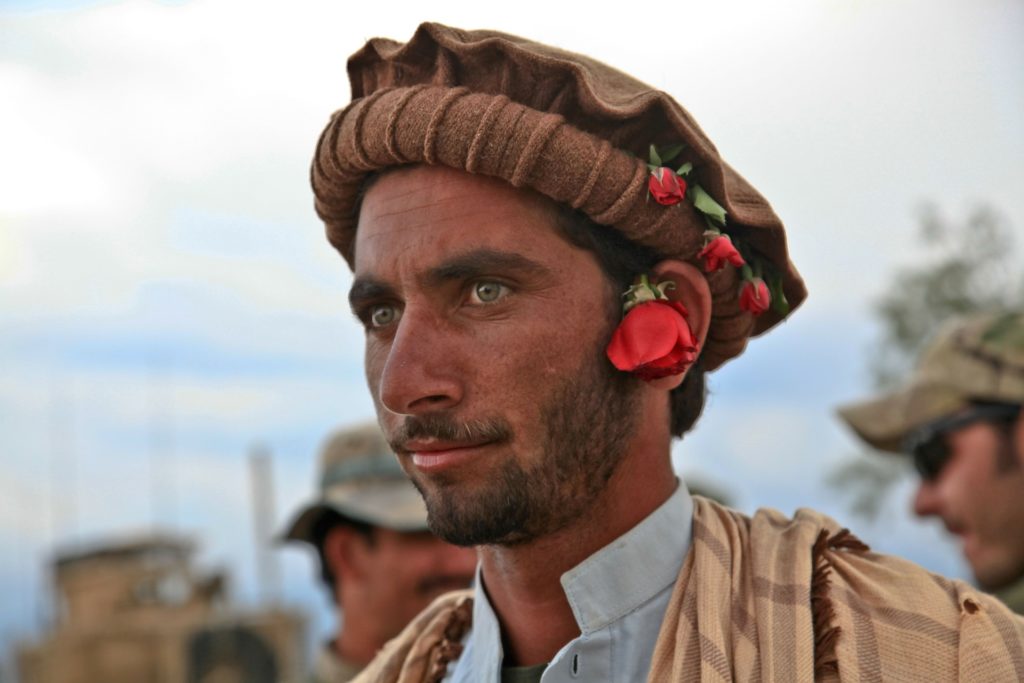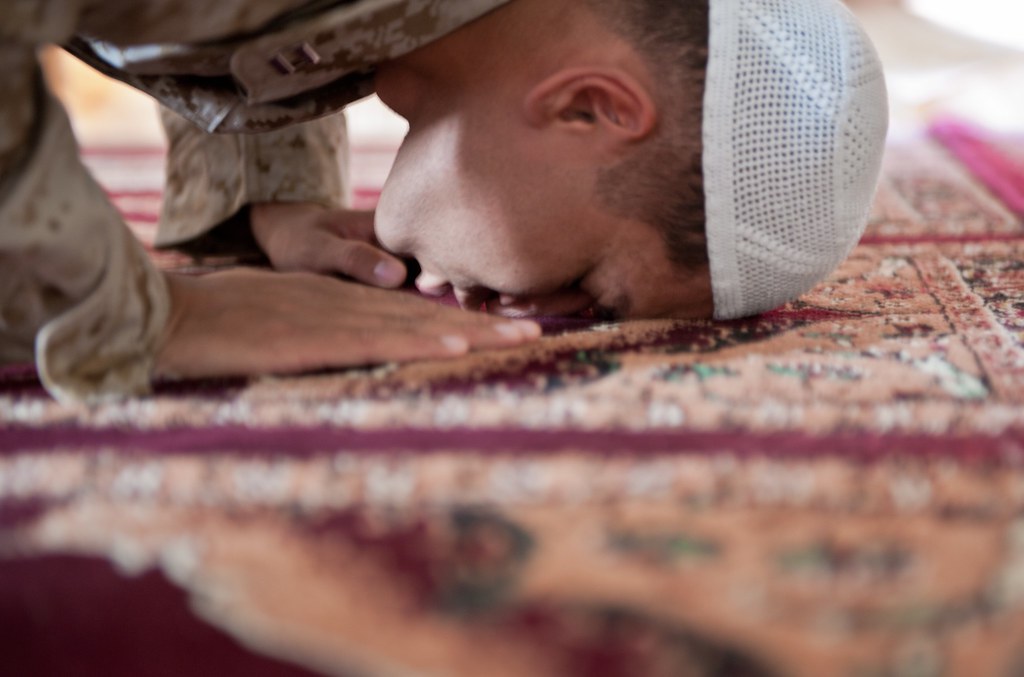Afghanistan is home to a rich and diverse culture that has been shaped by various factors. These include the ethnic make-up of the country as well as the dominant religion, Islam.
Afghanistan’s central position along historic trade routes also played a role in shaping its culture by exposing the Afghan people to influences from western Asia, eastern Asia, and Europe. More recently, other Western cultures have affected its culture, but this influence is mostly felt among those living in larger cities.
Despite these various influences, Afghan culture is unique. It is built on ancient local traditions that are still alive and well throughout the country. Take a look at these four things you need to know about Afghan culture:
1. Afghan people go out of their way for guests.
Anyone who has ever spent time in Afghanistan has no doubt been exposed to the incredible level of hospitality that locals extend to their guests. As an essential aspect of Afghan culture, hospitality is instilled in Afghan people at an early age. Proverbs and stories highlight the formal and informal cultural expectations related to how one should treat family, friends, and strangers.
Afghan people will go out of their way to ensure that everyone who visits their home feels welcome and comfortable. Regardless of who they’ve invited over, an Afghan host will not let their guest leave without feeling full of food, tea, and good conversation.

A typical meal consists of several courses, and guests’ plates are usually refilled as soon as they are emptied. After the meal, guests are treated to tea and more food, typically dried fruit and sweets such as cake and cookies.
This type of sharing and hospitality is referred to in Afghanistan as “the right of salt,” and it’s generally viewed as a religious obligation to treat others with kindness and respect. For those visiting the country, it’s important to honor a host’s generosity by showing gratitude and graciousness while in their home.
2. Afghan food is fabulous.
While on the topic of Afghan food and hospitality, it’s important to take a moment to address how delicious the cuisine of Afghanistan is. Many people focus on the kebabs and rice, but Afghan cuisine is much more sophisticated than these staple dishes would indicate.
Afghanistan’s position at the crossroads of several major civilizations has exposed the country to the flavors of Indian, Middle Eastern, and Asian cuisines. Afghan food, however, is in a category all its own. In Afghanistan, recipes are passed down through the generations. Food provides much more than sustenance. It also brings families together and helps them stay connected with their ancestors.
Some favorite traditional dishes include mantu, a meat-filled dumpling, and aashak, a scallion-filled pasta. Both dishes are traditionally topped with a tomato-based sauce and served with a side of yogurt and mint. These traditional dishes and others such as borani banjan, kabuli pulao, and korme kofta are a major part of Afghan culture. They play a large role in celebrations and special occasions.
3. Afghan people love sports.
Many people do not know that Afghanistan is a country full of sports fans. One traditional sport associated with Afghans is buzkashi. This polo-like game is played on horseback; a goat carcass is used instead of a ball.
While buzkashi is the country’s national sport, more conventional sports also enjoy a significant following throughout Afghanistan. Football (soccer) and cricket are by far the most popular. In addition, many Afghans are taking up activities such as martial arts and boxing.
It may come as a surprise that bodybuilding, weightlifting, and powerlifting have a long history in the country. In fact, these activities have been popular among Afghan men for decades. According to the Afghan National Bodybuilding Federation, which was founded in the mid-1960s, there are now more than 1,000 weightlifting gyms spread out across Kabul and other towns and cities across the country.
4. Afghanistan is a society of poets.

Although the literacy rate in Afghanistan hovers just above 30 percent, poetry has been part of the heart and soul of Afghan culture for millennia. During the early days of Afghan civilization, kingdoms and castles throughout the region had an official poet. These poets were selected through poetry contests, which are still popular among children and adults in modern Afghanistan.
Today, the majority of Afghans are raised on a steady diet of poetry fed to them by recitation from teachers and parents, who learned verse from their parents before them. Because of this tradition, everyone from taxi drivers and shopkeepers to Afghan mullahs and other local leaders shares a love for poets and their work.
While some of the country’s monuments and other historical treasures have been damaged or destroyed during recent conflicts, the poetry of Afghanistan still thrives. It appears in news columns and is heard on street corners throughout the country. It is even used to tell Afghan history and make a point during arguments. Perhaps most importantly, poetry is the common thread that binds all Afghans regardless of age, ethnicity, and social status.

